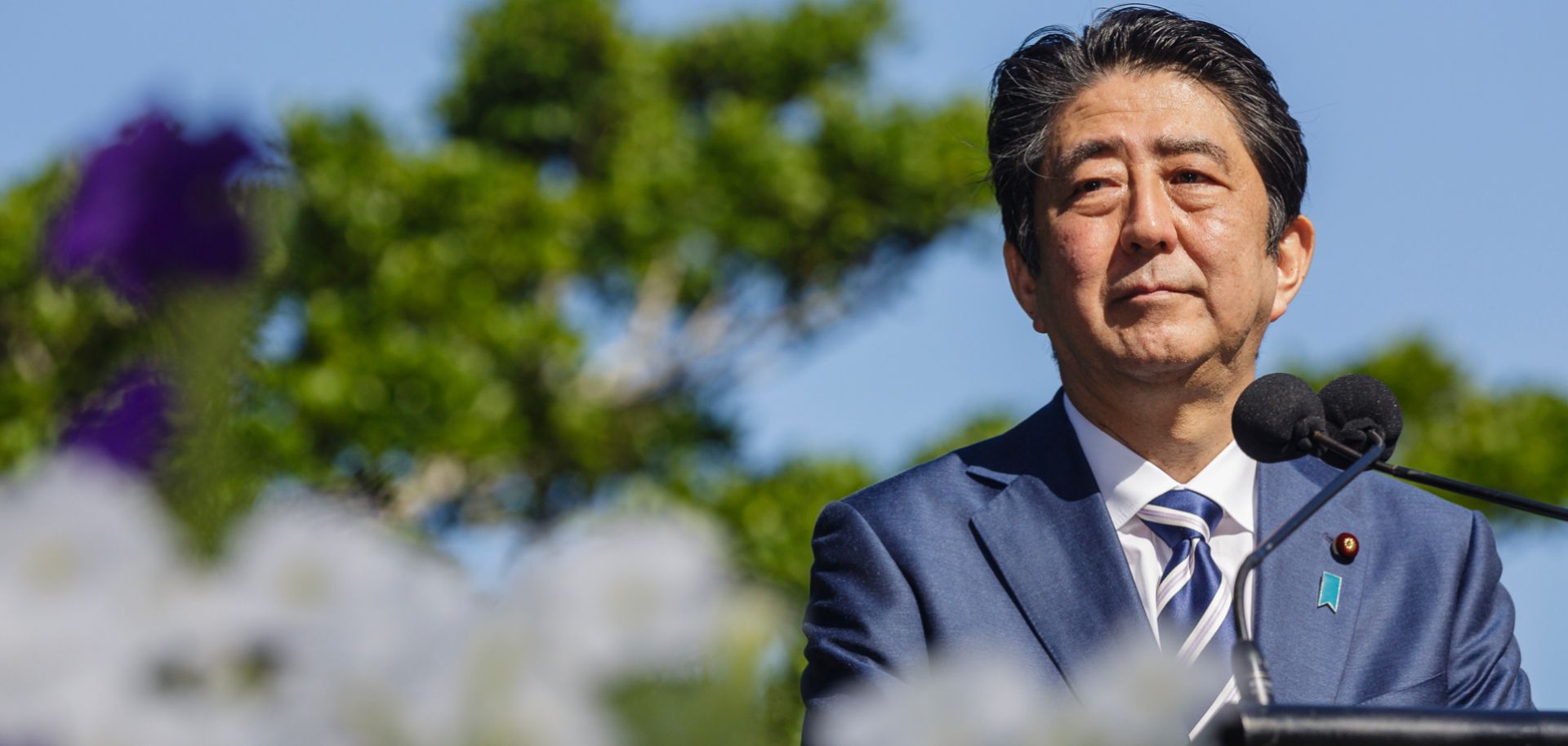Japan is a nation in transition. The country's social and political structures are evolving, as is the world around it. And its political order is changing, too. On Sunday, lawmakers from Japan's ruling Liberal Democratic Party (LDP) will adopt a new rule allowing party presidents to serve up to three consecutive terms. The rule is designed, albeit implicitly, to enable the party's current head, Prime Minister Shinzo Abe, to potentially extend his time in office to 2021, making him the longest-serving prime minister in Japan's post-war history.
The motives behind the LDP's rule change are fairly straightforward. Abe is the undisputed leader of what has become the ruling party's dominant faction, a group of conservative lawmakers whose core policy priority is to restore Japan's military might and its standing as East Asia's leading power. More important, since taking office in 2012, Abe has managed the rare feat of bringing consensus...

